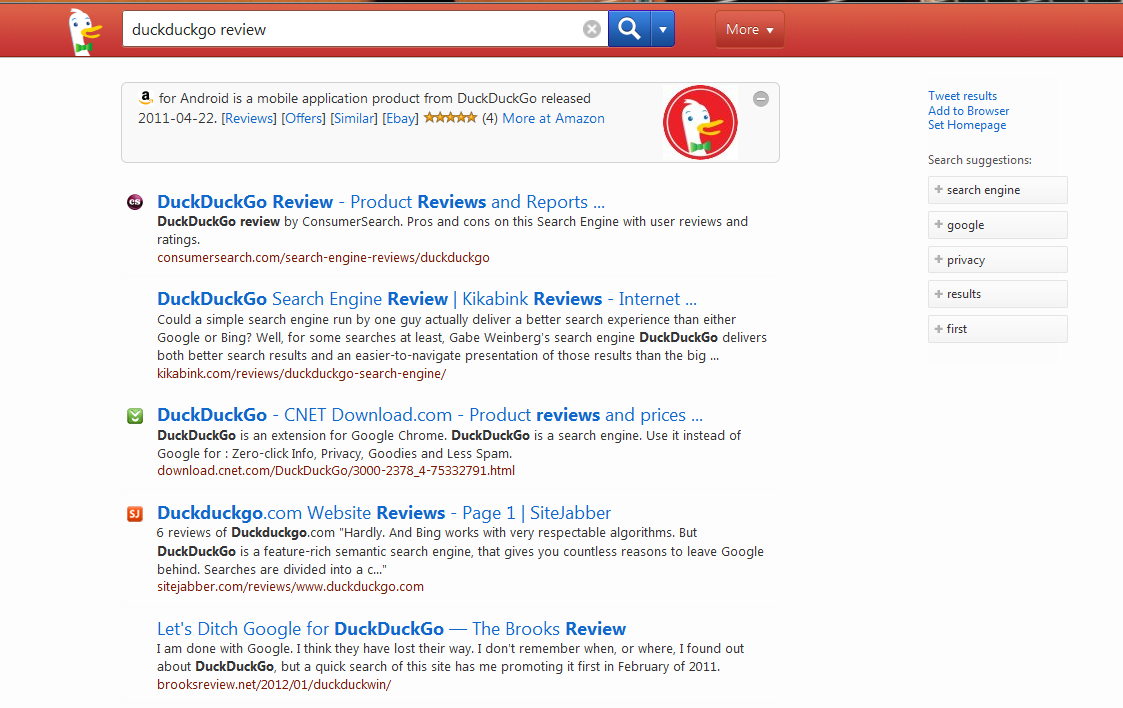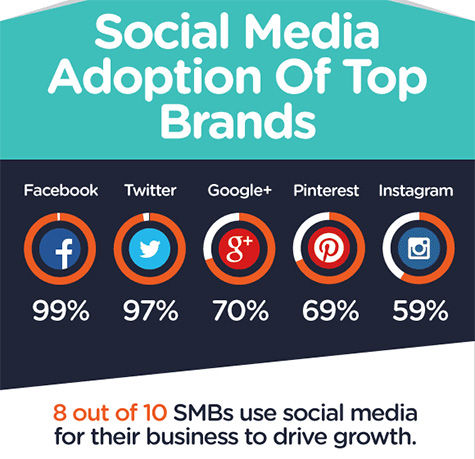Why you dream SERP for number 1 findability…
I’ve been juggling with Findability for a while now. Still, I can’t help but wonder: who is setting the algorithms clockwork in motion underneath the SERP? More importantly: is this search engine roulette even worth playing?
Your rank, your rules?
The most common denominator between all business ventures is the idea that to be competitive, you have to be at the top. Your name should come first out of the mouth of customers and, for that to happen, ordinary people should find you first on search engines. This is what all SERP is about: bumping you to the first row.

You can usually improve your SERP by using webmaster tools such as structured data, targeted SEO, or analysing your traffic. By looking into who came to your website and how, you have access to the thought-process of your customers/visitors. This means that you can improve their experience and grow your share of the market as times goes by.
Taking a stand
However, this is not always an obvious strategy for small or traditional businesses that are just starting on the web. With little funding available, they have to make hard decisions.
Investing in the short-term for PPC campaigns to rank up in the SERP or building a long-term base of regular customers through social networking. In any case, their vulnerability to changes of the SEO game is more obvious than ever.

Google is very famous for being the go-to search engine for this current generation. But by constantly rewriting the rules and tools of its findability game, it is starting to leave a few players behind.
This has been observed over the last few years. Search engines like Blekko , Yandex and Duckduckgo are cementing their popularity; in the same way Twitter and Snapchat eroded the supremacy of Facebook.
Define your business class
It does seem in fact that there is a system of classes among businesses that dictates which findability strategy they will go for. On the one hand, big multinationals and corporations rely on SERP and PPC ads to fetch new customers online. On the other hand, traditional and small businesses tend to use Facebook, local newspapers, door-to-door advertising to reach new clients.

Still, for the average customer, the bottom line remains “quality products”, “affordable prices” and “good service”. As long as this rule of three remains true, people will rarely be swayed by the blinking charts of SERP rankings.
Sources:
PixelPrivacy: https://pixelprivacy.com/resources/alternatives-to-google-products/
SERPs: https://serps.com/blog/sneaky-ways-google-wants-to-eat-your-lunch-and-how-to-feed-yourself-instead/
Nielsen Norman Group: https://www.nngroup.com/articles/web-writing-use-search-keywords/
Wordstream: https://www.wordstream.com/serp
